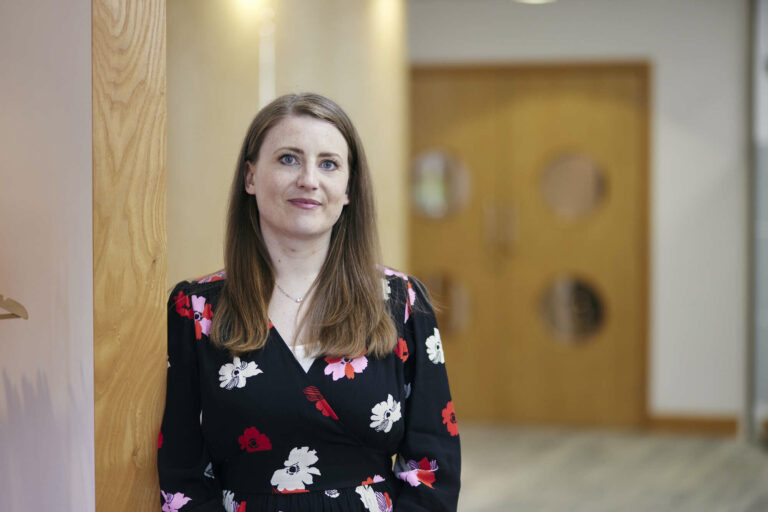An inquest into the death of Maddy Lawrence has highlighted the dangers of sepsis and the importance of recognising it.
Maddy was 20 years old and a student at the University of the West of England. She played rugby on the wing and was injured when she dislocated her hip during a match on 9 March 2022. After delays during which she was in severe pain, she was taken to Southmead Hospital. She unfortunately developed an infection, developed sepsis, ended up undergoing 3 operations and an amputation of her leg. Sadly, she died on 25 March 2022.
An inquest concluded on 8 September 2023. Having heard the evidence, the coroner was critical of gross failures. Staff failed to screen her for sepsis in time or to realise how serious ill she was, despite her severe pain. The working diagnosis was incorrect. Observations were missed and staff failed to act on deteriorating NEWS scores – an early warning system which should alert them to the risk of sepsis. The deputy chief nurse who reviewed the case described herself as shocked, cross and confused when she saw what had happened. The coroner also found that with antibiotics on 12 March 2022, her infection was treatable.
The coroner commented that the investigation gave rise to concern of future deaths. The North Bristol NHS Trust’s Chief Medical Officer has apologised on behalf of the Trust and said the Trust would reflect carefully on the coroner’s findings. One change is that staff will receive mandatory training on the NEWS scoring system, to alert them to signs of infection and sepsis.
The story is a harrowing one. It reflects the seriousness of sepsis – where the body’s immune system reacts to the presence of infection, leading to organ failure and in some cases amputation and death.
The inquest concluded just before World Sepsis Day on 13 September. Enable Law works closely with UK Sepsis Trust to help raise awareness of sepsis, learning from our experience of representing sepsis survivors and their families. We encounter common situations in which sepsis is missed – at GP appointment, by paramedics, in Emergency Departments and on the ward. We support efforts to learn from these mistakes to support medical professionals in improving patient care for others.










